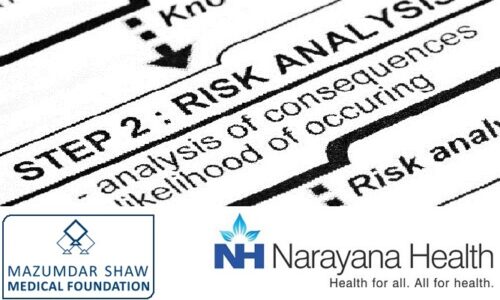Currently Empty: ₹0

Overview
Infection Control Procedures
Blood-borne viruses hepatitis B (HBV), hepatitis C (HCV) and HIV can be transmitted occupationally from infected staff to patients, from infected patients to staff and from patient to patient via contaminated instruments.
The most common route of transmission is from patients with a BBV to a member of staff following a percutaneous sharps injury or splash exposure of the mucous membranes. Infectious patients maybe asymptomatic carriers, or suffering from acute or chronic infection.
The prevalence of blood borne viruses in the UK is:
- HCV of (0.5-1%)
- HIV of (0 06%)
- HBV of (0.1 %)
The implication of these statistics is that most practices will have a small number of patients who are infected either with HBV, HCV or HIV.
Curriculum
Instructor
Reviews
0.0
0 total
5
4
3
2
1

